Ferries to Corsica from other areas/regions
197Km Livorno ➜ Bastia
124Km Marseille ➜ Bastia
435Km Nice ➜ Bastia
233Km Piombino ➜ Bastia
92Km Savona (Porto Vado) ➜ Bastia
204Km Toulon ➜ Bastia
342Km
17Km Daily rides
328Km Nice ➜ L'Île-Rousse
315Km
90Km Marseille ➜ Porto Vecchio
478Km Nice ➜ Porto Vecchio
0Km Toulon ➜ Porto Vecchio
396Km
365Km
Ferries from Corsica to other areas/regions
197Km Bastia ➜ Livorno
124Km Bastia ➜ Marseille
435Km Bastia ➜ Nice
233Km Bastia ➜ Piombino
92Km Bastia ➜ Savona (Porto Vado)
204Km Bastia ➜ Toulon
342Km
17Km Daily rides
328Km L'Île-Rousse ➜ Nice
315Km
90Km Porto Vecchio ➜ Marseille
478Km Porto Vecchio ➜ Nice
364Km Porto Vecchio ➜ Toulon
396Km
365Km
Corsica
Defined as a mountain in the middle of the sea, Corsica, a French region, is an island in the Mediterranean Sea with a largely mountainous territory. Only the Tyrrhenian coast has flat stretches, of which, in total, 300 kilometers are sandy. The ridges, which easily reach 2000 meters in height, divide the island, transversely, into two areas: the Banda di Dentro and the Banda di Fuori. Coastal areas, with the development of tourism, are increasingly inhabited, with consequent depopulation of inland areas. The economy is also centered on agriculture, with the cultivation of vines and olive trees. On the coasts the climate is purely Mediterranean, with an average winter temperature of 7/8 ° C and a summer average of 25 ° C. Almost 2,000 of the 8680 square kilometers of total area are protected by the Regional Natural Park of Corsica, which extends mainly along the central mountain ridge, but also on the coast, as in the case of both the Scandola Nature Reserve, which is part of the Park, and the Gulf of Porto (the latter two places are also UNESCO World Heritage Sites) and the eastern coastal ponds.
The historical Corsican cities, in addition to the capital Ajaccio, where the Genoese erected a fortified citadel in 1492 that gave birth to Napoleon Bonaparte, are those of Bastia, whose name derives from bastiglia, a Genoese fortress of 1378; the commune of Bonifacio, on the Strait of Bonifacio which separates Corsica from Sardinia, owes its name to the Marquis Bonifacio II of Tuscany, who in the year 833 fortified an ancient village to defend itself from pirates; Calvi, with the citadel built in 1483 by the Genoese; Porto Vecchio, originally built by the Republic of Genoa.
The most beautiful beaches of Corsica are those of Santa Giulia, where there is a spectacular lagoon, the wild coast of Saleccia, the beach of Palombaggia and that of Rondinara; but all the Corsican sandy coasts are enchanting, uncontaminated, of light and fine sand, bathed by the sea, Mediterranean, Tyrrhenian or Ligurian, with always crystal clear waters. The most suggestive cliffs, on the other hand, are those around the town of Porto (municipality of Ota), 400 meters above sea level. These are the Calanchi di Piana, red granite rock formations included in the UNESCO World Heritage List as well as the Gulf of Girolata, between the Osani peninsula and the Scandola reserve, where the vegetation is an exceptional example of Mediterranean scrub and there are seagulls, cormorants and sea eagles. The clear waters, with islets and caves, are home to a rich marine life.
Mediterranean shrub vegetation, in particular the garrigue, characterizes the Agriates desert, in the north of the region. A natural landscape that culminates on the coast with splendid beaches. Capo Corso, on the other hand, the peculiar northern finger-shaped peninsula, is crossed by a rugged mountain range, and on the coast there are only a few beaches in correspondence with the bays. To the north-west is the fertile Balagna, a micro-region called the garden of Corsica for its orchards, olive groves, chestnut groves. The hills overlooking the sea are home to characteristic villages. Among the most picturesque villages we find that of Lama, where two architectural styles coexist: the Tuscan one from the 18th century and the medieval one.
The main ports are those of Bastia, Ajaccio and Isola Rossa (Ile-Rousse), while important but exclusively tourist ports are those of Bonifacio, Propriano and Porto Vecchio.
The typical Corsican products are chestnuts and the relative flour, cheeses (brocciu, niulincu, balaninu, bastilicacciu, sartinesu, couscoionu), cured meats (prisuttu, panzetta, lonzu, capicollu), olive oil, chestnuts, wine (with AOC controlled designation of origin there are the Patrimonio, the Muscat du Cap Corse, the Corse, the Corse Porto-Vecchio, Figari, Sartène, Ajaccio and Calvi).
Latest articles from the blog
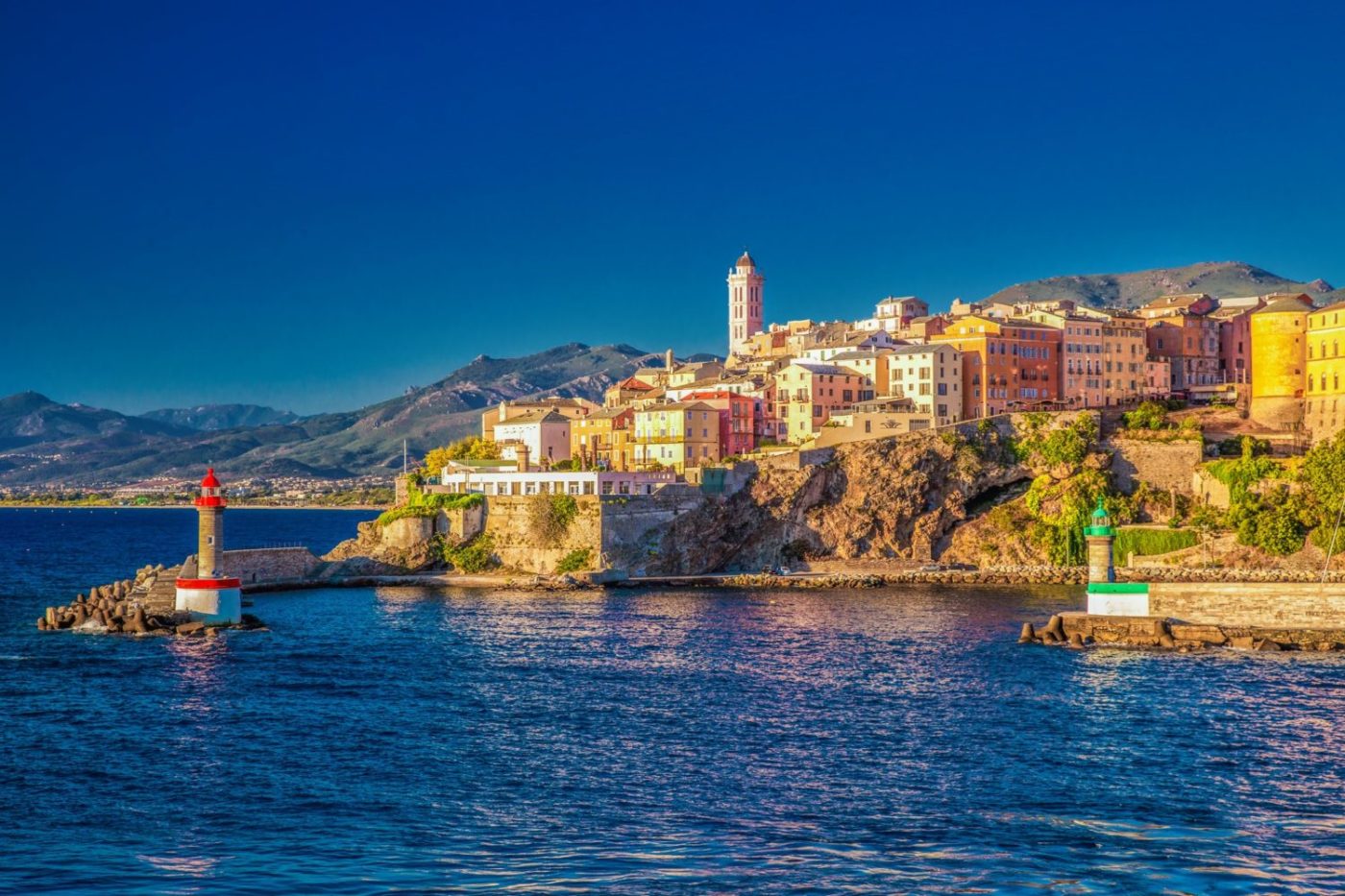
How to get to Corsica by ferry
To reach Corsica by ferry you can start sailing from both Italian ports, including Sardinian ones, and French ones.
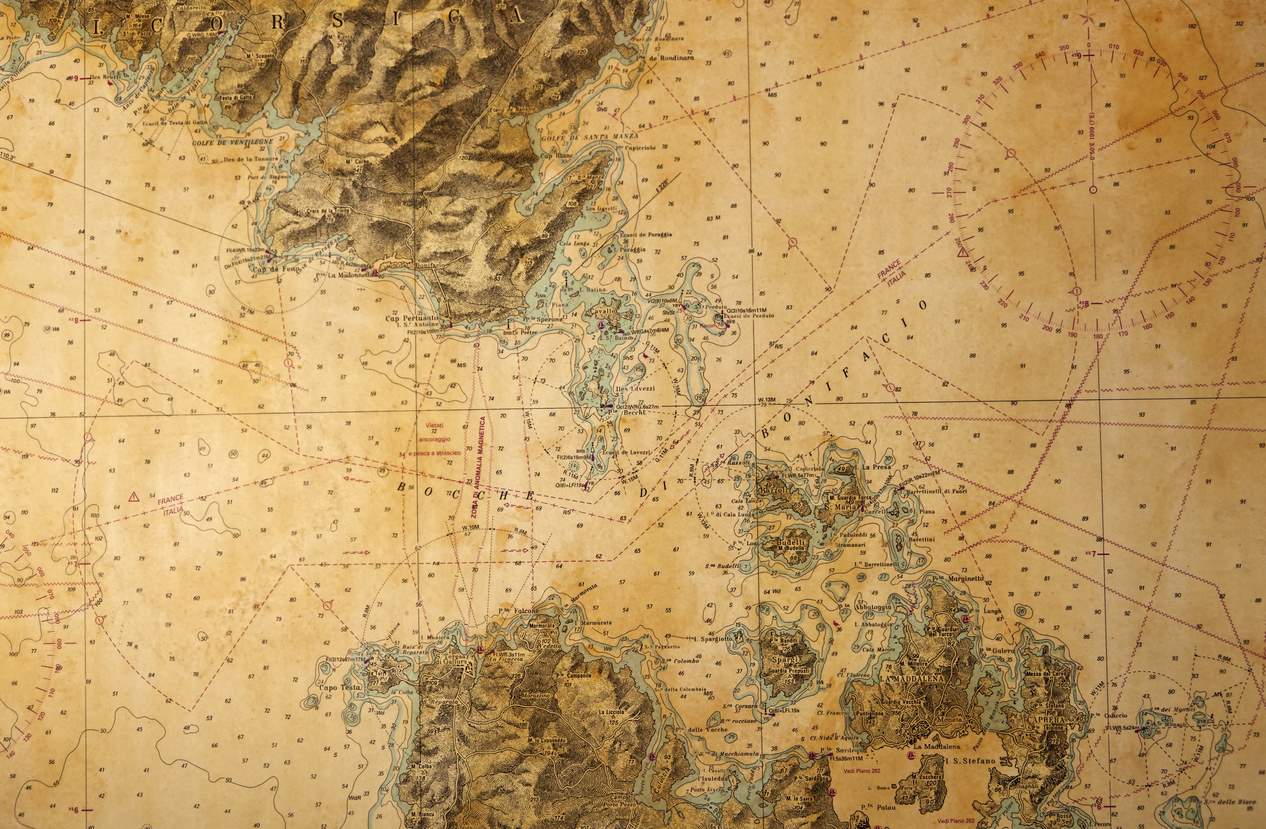
Between Santa Teresa and Bonifacio: ferries on a short route between Sardinia and Corsica and vice versa
All the races of the shipping companies that operate on the route that connects Santa Teresa Gallura and Bonifacio, round trip.
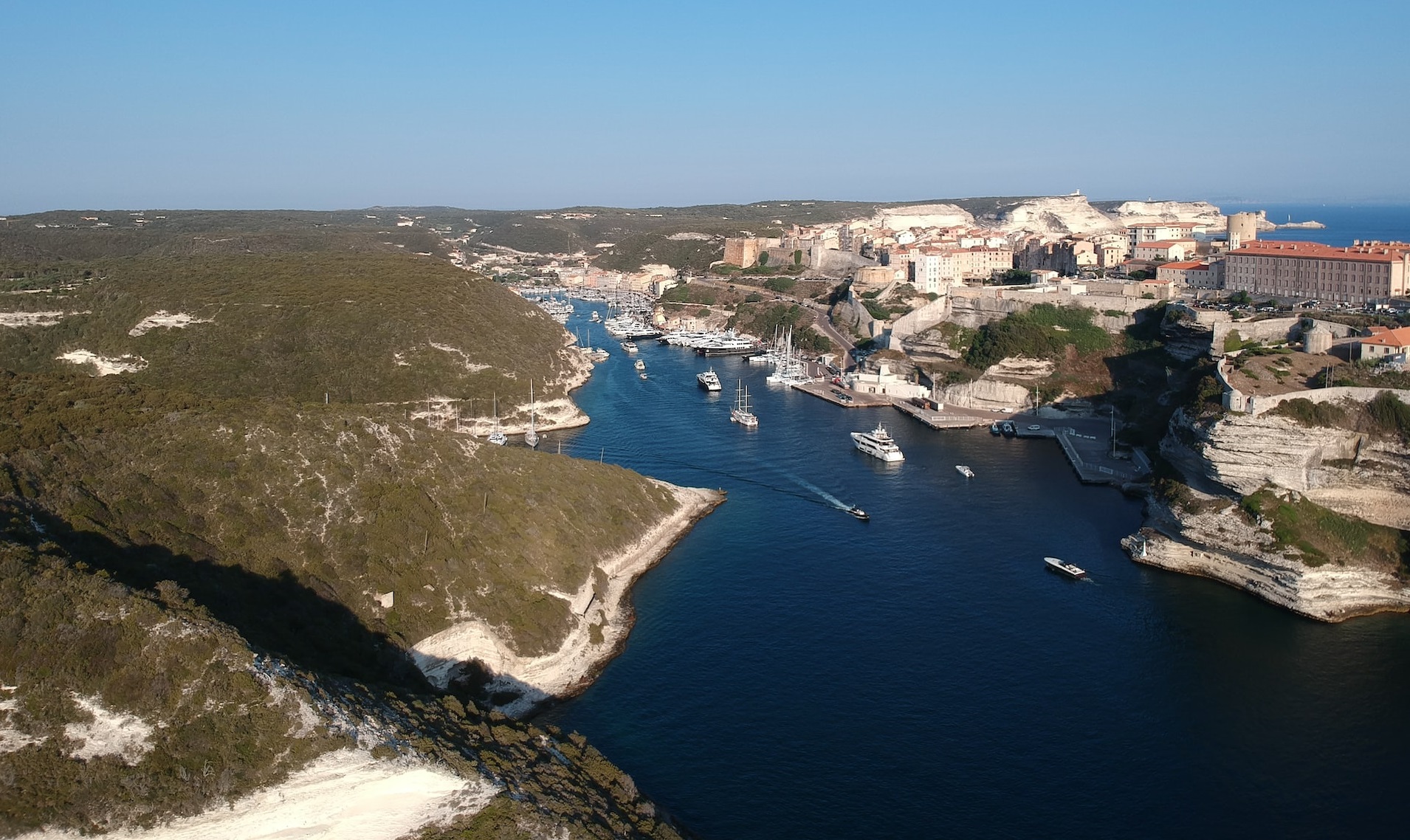
Reaching Corsica from Italy in autumn winter
In low season to arrive by sea in Corsica from Italy you must dock in Bastia from Livorno or first disembark in Sardinia, where you can then take another ferry to Bonifacio.
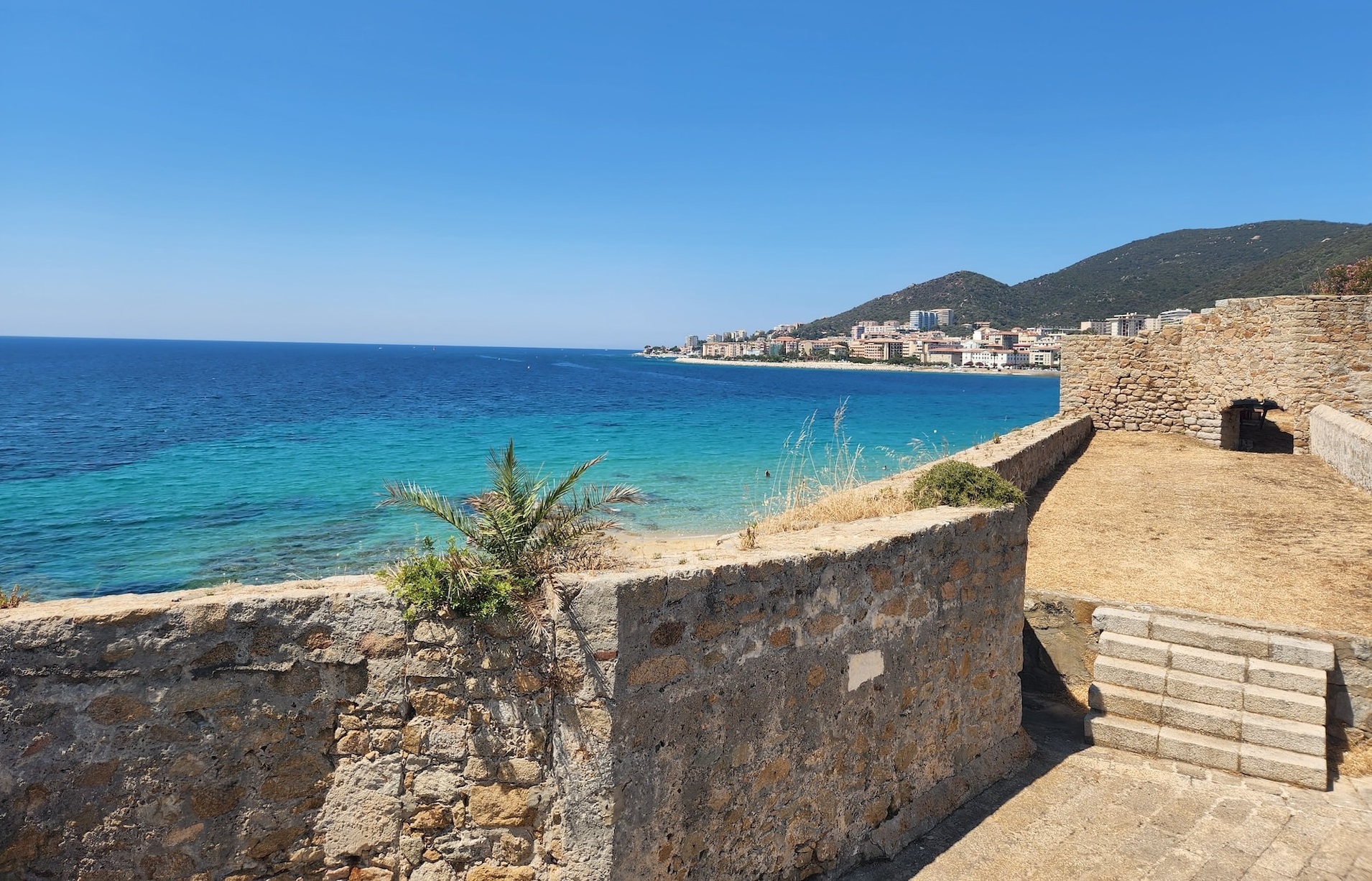
Getting to Ajaccio from Italy by ferry and car or bus
Now the capital of Corsica can be reached directly from the Italian peninsula starting from Genoa thanks to the new Moby line.
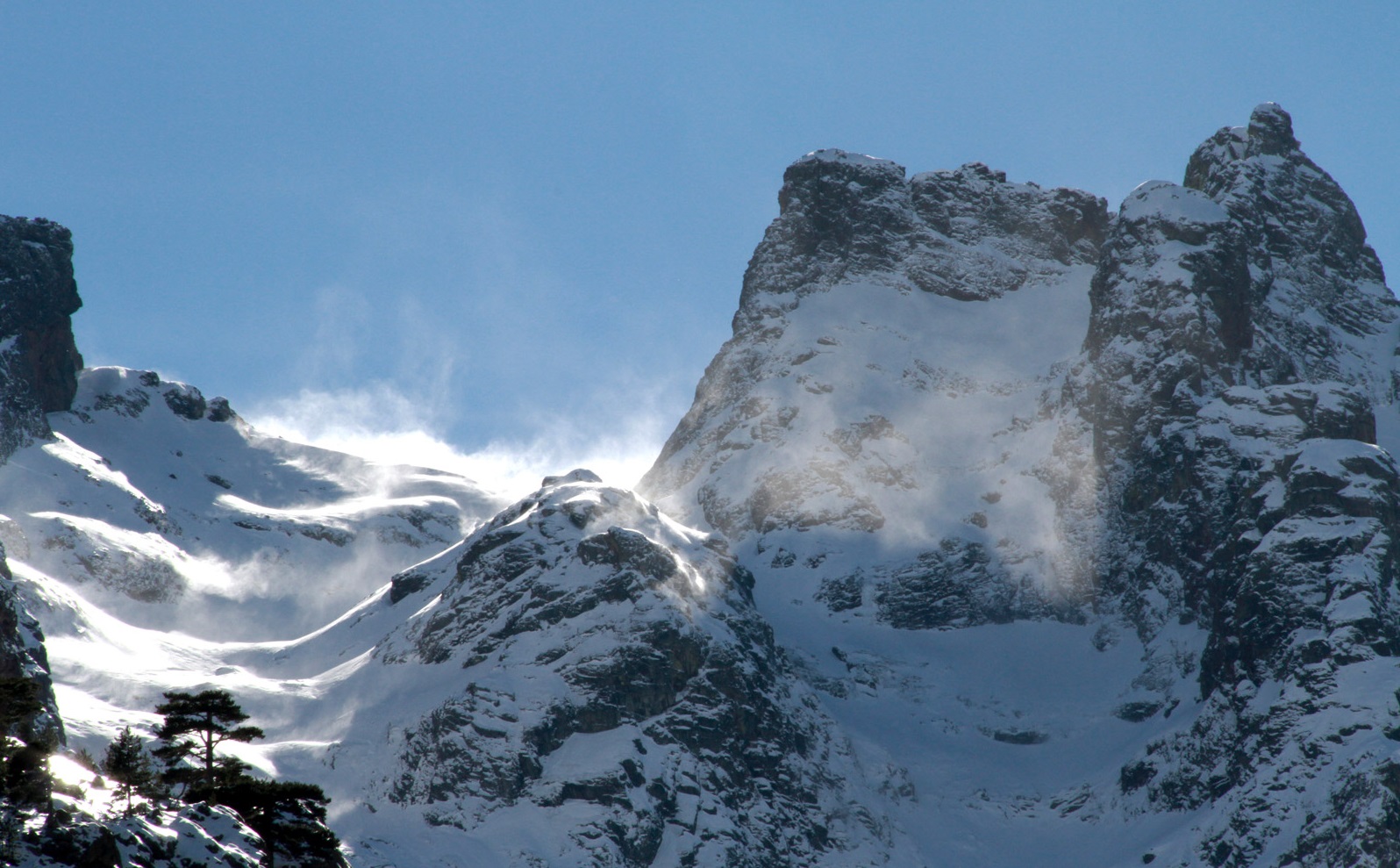
Skiing in Corsica: in Asco by taking the ferry to Bastia
About an hour and a half by road from the port of Bastia there is the ski resort of Haut-Asco. Skiing in Corsica, an island in the Mediterranean: it is possible!
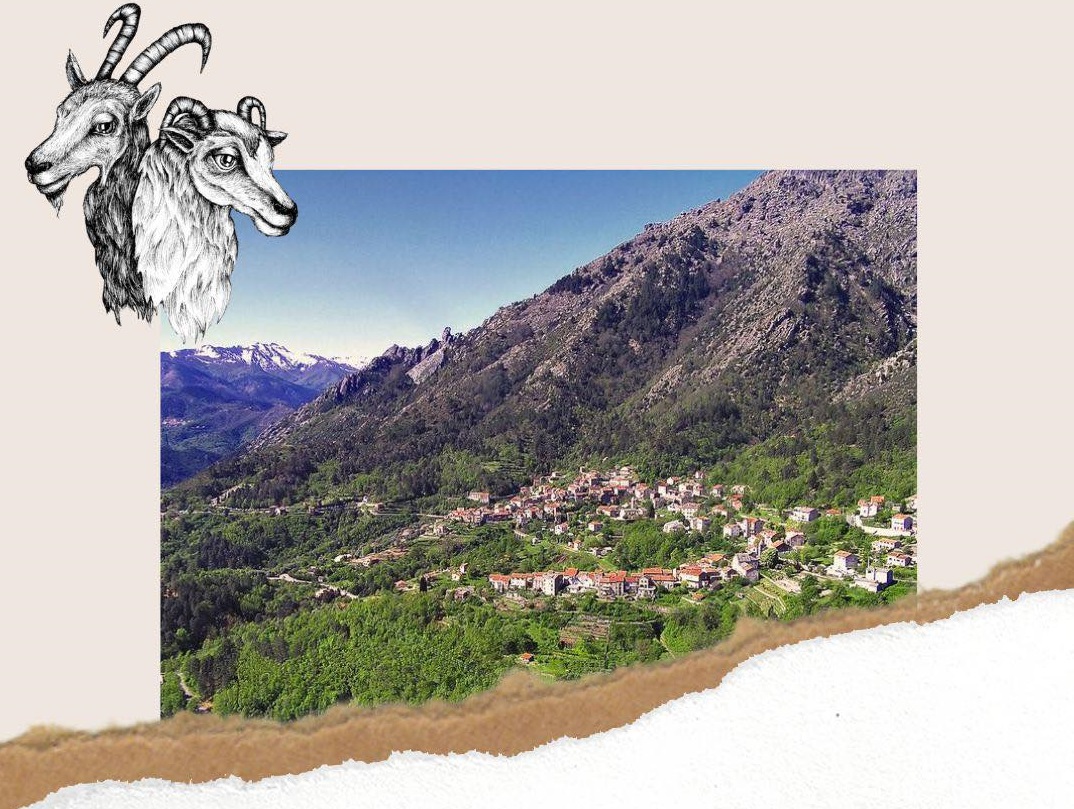
Farmer's cheese fair in Corsica
The annual gastronomic event relaunches farmhouse cheeses and typical Corsican products in the municipality of Venaco.
